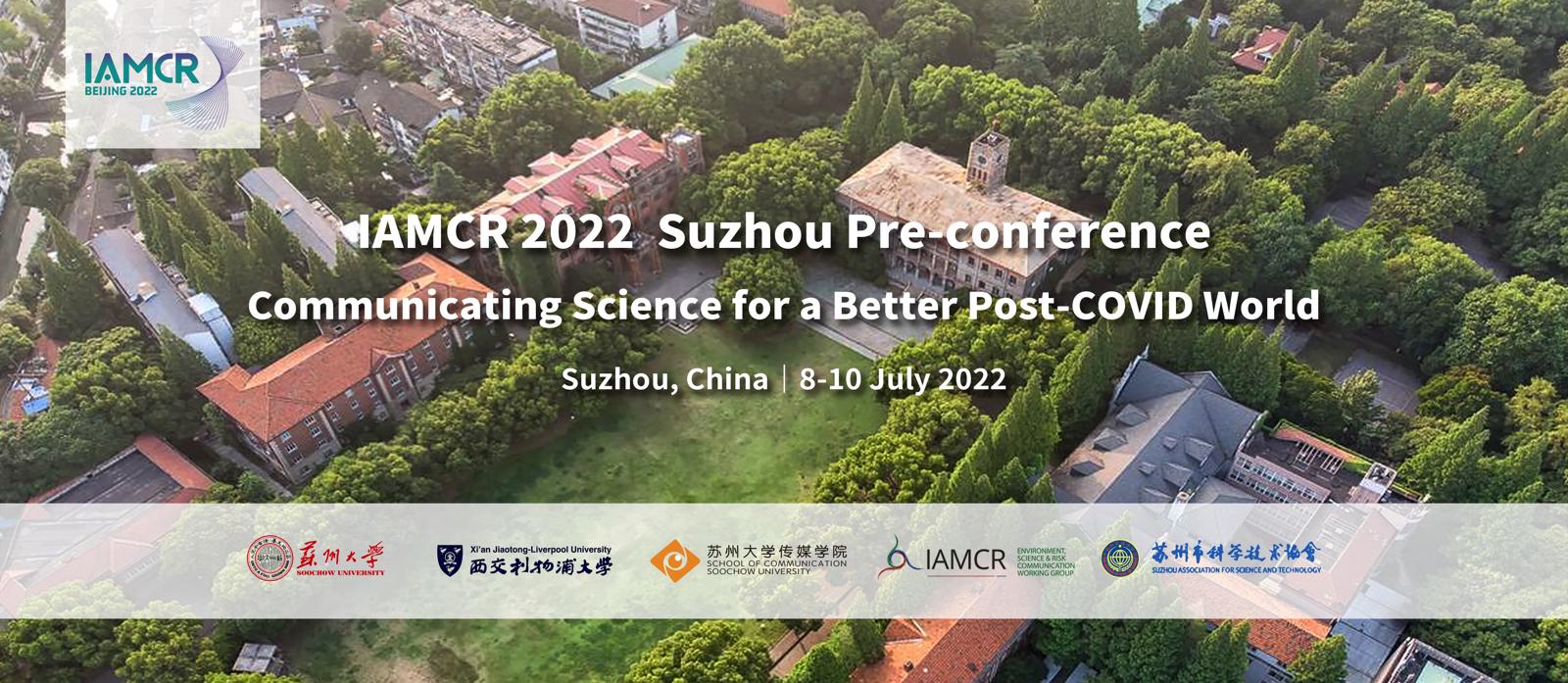Since Merowitz put forward the media situation theory, it has effectively interpreted the new behavior changes brought by electronic media. From live TV broadcasting of TV shopping to live webcasting of live streaming of goods, the form of live broadcasting has changed dramatically under the iteration of media technology, and brought a new partition situation. This paper takes the single live broadcasting space situation of E-commerce as the research object, and further explores the factors that induce purchase behavior and affect consumers' willingness to order under the live broadcasting consumption situation from the perspective of media situation theory. Currently, with the technology authorization, live broadcasting is the media channel to maximize the real-time interaction effect in all fields. In the post-epidemic era, under the normalized situation of epidemic prevention and control, the focus of the overall market economy shifts to online space. Live broadcasting plays a decisive role in promoting the online development of market economy commodity trade. Exploring the factors that affect consumers' and viewers' willingness to purchase and place orders under this situation not only has a positive impact on promoting the transaction rate on the commodity line and the benign development of the market economy linearization transformation, but also can dialysis the mechanism that influences the audience's behavior under the situation of live broadcast area separation. In order to reflect on the negative effect of audience's passive preference interpretation on audience's own socialization development and social human resource dynamic development under the consumerist ideology, this paper makes a prospective thinking on how consumers will exceed this simulated consumption space in the future.
Based on the theory of media situation, the author chooses 6 live broadcasters as the research sample, and chooses the comprehensive influence of live broadcasters (including more than 2 million fans and top 10 rankings of their platforms) as the selection criteria, based on the situation of live broadcasts of e-commerce on self-Media platforms such as TikTok and Taobao. This paper intends to explore the research problems through the highly immersive interactive situation presented by the highly popular representative E-commerce live broadcasters. 6 samples included LuoYonghao's Live Studio (TikTok Platform), MadYangGe (Dither Platform), QianyuShelia (TikTok Platform), ChenSanfeiGG (TikTok Platform), DiShi (TikTok Platform), Li Jiaqi's Live Studio (Taobao Platform), through content analysis, The research methods, such as virtual ethnography, have launched further prospective thinking on the development of live broadcasting of e-commerce which tends to be more "independent" after the restructuring of "situation", in order to further reflect on the broad impact of this situation. This study will focus on two key keywords: first, strong guidance relationship (assuming role guidance); Second, weak interaction (self-interpretation in closed system). There are two kinds of research variables, one is the humanized role, that is, the role of host and audience. The second is the symbolized role, that is, the function symbol construction of the virtual space in live broadcasting under the technical authorization, such as the dot-on button, dot-on digital text, purchase prompt text, commentary area commodity link, etc. This study will use these two variables as the basis, through the content analysis of 7 live broadcaster samples, and use the theory of symbolic interaction to further analyze this.

 京公网安备 11010802039275号
京公网安备 11010802039275号